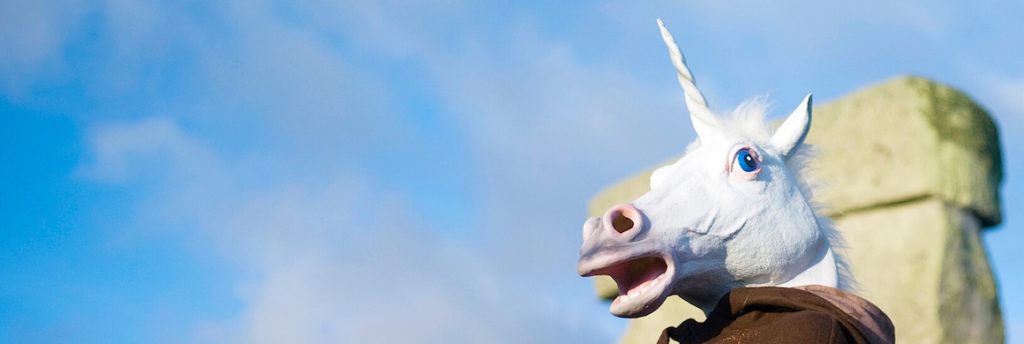Analysts from the Stanford Graduate School of Business recently looked into new research that examines the changing definition of Unicorns—venture-backed startups worth more than $1 billion.
Stanford’s David S. Lobel Professor of Private Equity Ilya Strebulaev shows that many so-called Unicorns report on average 51 percent above what they are really worth. Some companies report “more than 100 percent above fair market value.”
Strebulaev and his co-author Sauder School of Business professor Will Gornall note that the process of evaluating a startup is tricky, “often based on the latest series’ price, applied to all outsanding shares.” Many startups “have complex financial structures. They raise funding in multiple rounds, offering investors different restrictions and protections, and therefore stock pricing.” Strebulaev adds, “Some unicorns have made such generous promises to their preferred shareholders that their common shares are nearly worthless.”
In a study entitled “Squaring Venture Capital Valuations with Reality,” Strebulaev and Gornall developed a model “designed to produce fair value estimates that are better proxies for expected value at exit.” Their model took “into account each contract’s terms, analyzing the different modifications to see how they would affect valuation.”
They examined “corporate legal filings and data from commercial Venture Capital data sets to study 116 unicorns founded after 1994 that had raised a round after 2004.” Their research found that “53 of the 116 unicorns lost their unicorn status when they applied their model. All the companies were overvalued, and 13 were overvalued by more than 100 percent.”
As an example, Strebulaev and Gornall looked at Square, which was valued at $6 billion following its last round of VC funding in which a Series E priced at $15.46 per share. According to the researchers, that valuation doesn’t take into account the fact that “investors were promised their money back plus some should an IPO fail to deliver a great return for them.” Strebulaev’s model calculates Square’s actual value at around $2.2 billion, “which more closely aligned with the company’s value when it went public at a pre-IPO value of $2.66 billion.”
Strebulaev hopes the study makes “different constituents of the VC industry—founders, employees, investors, regulators and consultants—aware of the issues with interpreting the metrics traditionally used in the industry.”
